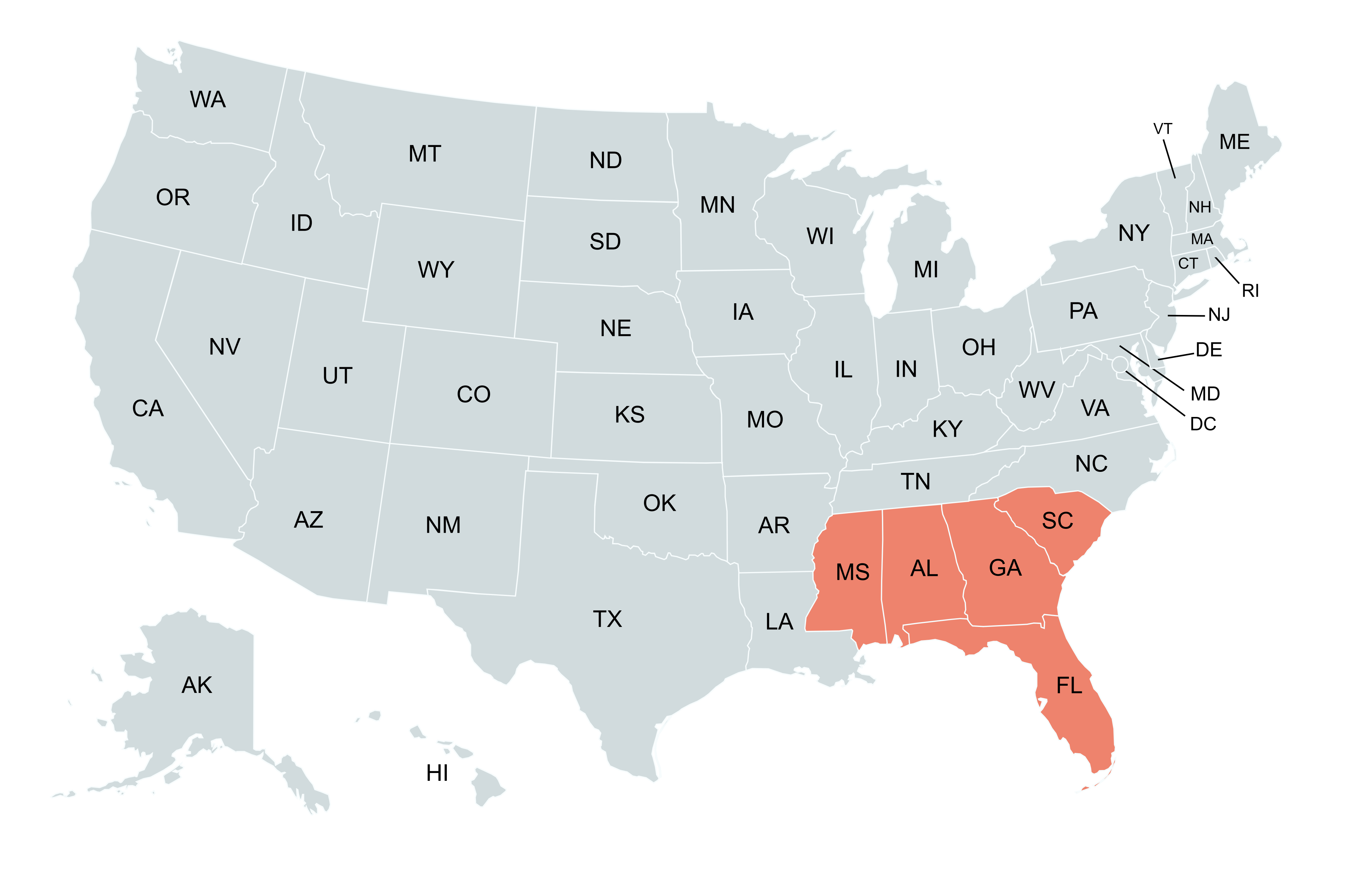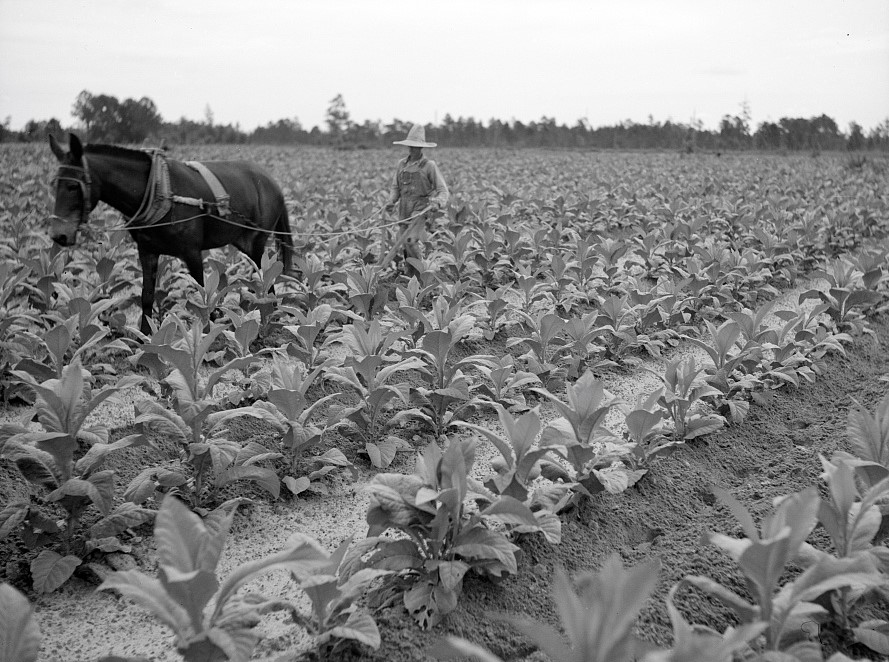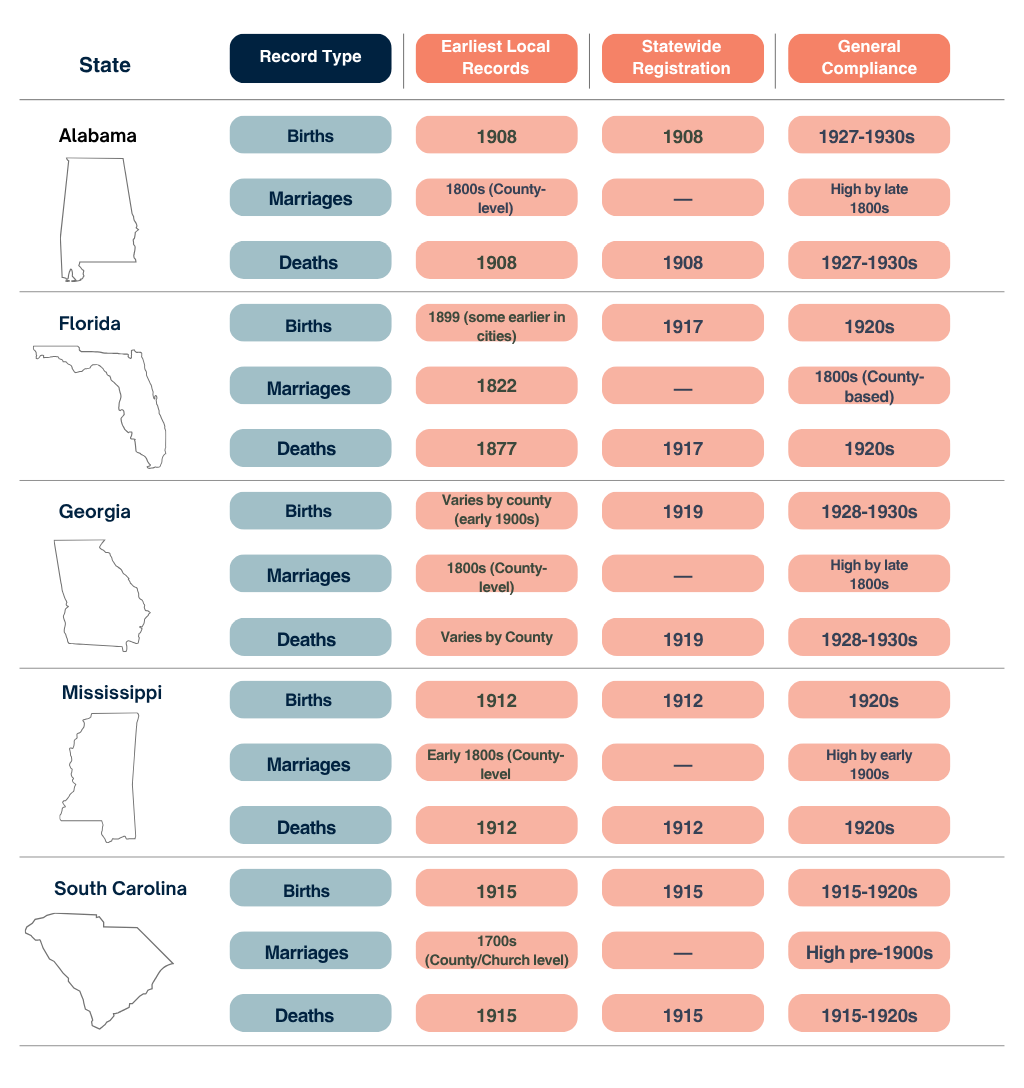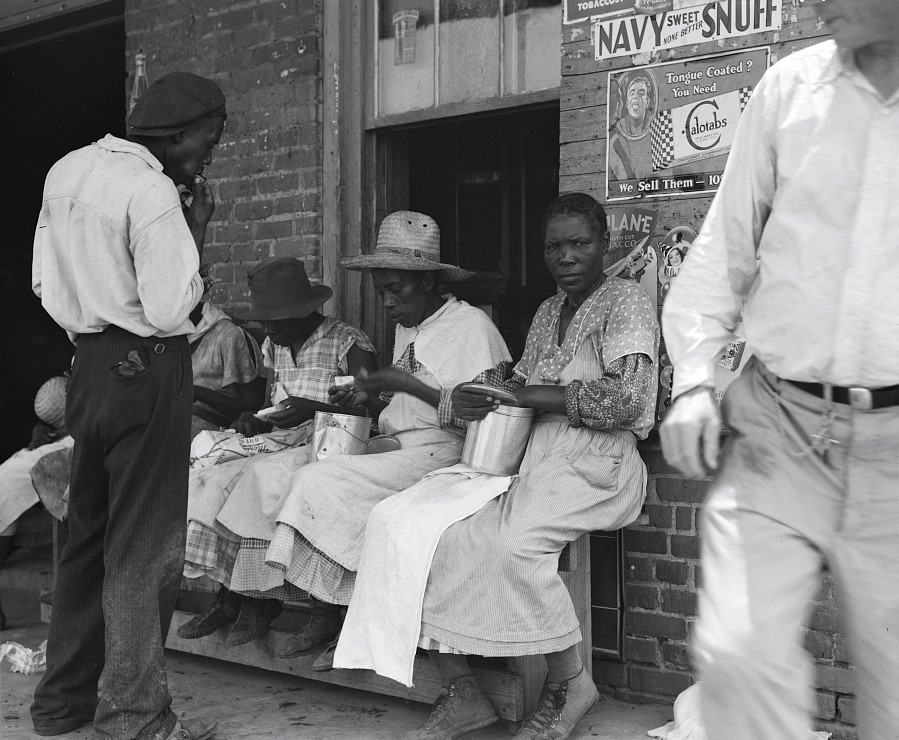The Southeastern United States, comprising Alabama, Florida, Georgia, Mississippi, and South Carolina, is a region of rich historical complexity, deep-rooted communities, and significant genealogical opportunity. From colonial plantations and Revolutionary War strongholds to Civil War battlegrounds and centers of Civil Rights activism, the Southeast offers layers of American history preserved in both formal archives and family-held records. For those tracing their ancestry through this dynamic region, an extraordinary diversity of records awaits.
Whether your ancestors were early English settlers in coastal Carolina, enslaved Africans on Deep South plantations, Spanish colonists in Florida, or sharecroppers, soldiers, or civil rights leaders of later generations, the Southeast offers a wide-reaching and profound genealogy journey.

The Southeast’s genealogy landscape is shaped by its long and complex history. South Carolina and Georgia began as British colonies in the 17th and 18th centuries, while Florida was influenced first by Spanish colonists in the 1500s. The region shifted hands between European powers before becoming part of the expanding United States. Florida in particular passed through Spanish and British control before achieving statehood in 1845. Alabama and Mississippi, meanwhile, emerged in the early 19th century from territories formed through Native land cessions, reflecting America's rapid westward expansion.
These transitions of power brought waves of settlers, enslaved laborers, and displaced Indigenous communities, each leaving behind records in church registries, land claims, missionary reports, and travel journals. Coastal cities like Charleston and Savannah became commercial hubs, while inland areas developed around plantations, farms, and forts. As slavery became deeply entrenched in Southern society, so too did the recordkeeping systems that accompanied it. Enslaved individuals were listed in estate inventories, bills of sale, and census slave schedules—documents that now provide difficult but vital paths for descendants seeking to trace lineage.
The Civil War marked a profound turning point. Enlistment rolls, Confederate and Union service records, and wartime correspondence fill archives across the region. Following emancipation, the Freedmen’s Bureau and Freedman’s Bank created an entirely new layer of documentation covering labor contracts, marriage validations, school enrollments, and land disputes. These sources are indispensable for tracing African American ancestors during the Reconstruction era.
As new local governments formed and expanded during Reconstruction, they introduced official recordkeeping systems in parallel with growing religious and civic life. Black churches such as the AME and Baptist congregations became pillars of their communities documenting births, marriages, baptisms, and funerals in registers still held today. Education institutions, benevolent societies, and lodges also contributed to a decentralized but vibrant archival tradition.
By the early 20th century, the South began implementing more consistent vital record standards, but even before these reforms, its collection of records, from colonial notary books to turn-of-the-century city directories, remains essential for family historians exploring the foundations of Southern identity.

While statewide vital registration began later than in the northern states, often not until the early 20th century, many counties maintained earlier records at the local level, especially for marriages and land transactions.
Births, marriages, and deaths were often inconsistently recorded until state mandates standardized collection. For instance, Georgia began requiring statewide birth and death certificates in 1919, though some city health departments, like those in Atlanta and Savannah, kept earlier vital data. South Carolina began registration slightly earlier in 1915, and Mississippi followed in 1912. Florida’s Spanish and British colonial records include Catholic and Anglican baptisms, marriages, and burials dating back to the 1700s.Church records are crucial across the Southeast, particularly Baptist, Methodist, Episcopal, and Catholic registers. These often include baptisms, marriages, membership rolls and burial lists that fill gaps left by civil registration. Cemetery surveys, Bible records, and funeral home ledgers also supplement vital data, especially in rural communities.Land and probate records are sometimes the only surviving documents for early families, these shed light on settlement patterns, economic status, and family relationships. These records are often housed in county courthouses, state archives, and university special collections.

Alabama offers a wealth of county-level marriage and probate records dating back to the early 1800s. Military enlistments and pension files from the Civil War and Spanish-American War are also valuable. For African American genealogy, Freedmen’s Bureau and Freedman’s Bank records, particularly from Montgomery, Mobile, and Selma, provide essential details on family composition and economic life post-emancipation.
Florida’s unique colonial past is reflected in its Spanish, British, and American record layers. Researchers can find Catholic parish registers from St. Augustine, British colonial censuses, and later territorial land grants. Immigration through Tampa and Key West, Cuban and Bahamian communities, and early military forts also produced diverse records of settlers and soldiers.
Georgia maintains one of the most robust systems of land lotteries, which allocated property to white citizens following Native land cessions. These lottery records from the early 1800s are genealogical goldmines. African American research is aided by well-preserved Freedmen’s Bureau education and labor records, and extensive church archives in cities like Atlanta, Augusta, and Savannah.
Mississippi is notable for its plantation records, probate files, and 19th-century tax rolls. Many county archives have pre-Civil War court records and deed books. Hattiesburg and Jackson are research hubs for African American genealogy due to historically Black colleges, church archives, and newspapers.
South Carolina has some of the oldest religious records in the South. Anglican, Presbyterian, and Baptist churches kept vital records dating to the 1700s. Charleston, in particular, was a center of trade, immigration, and enslavement, producing shipping manifests, cemetery registers, and probate records. State archives and the South Carolina Historical Society maintain extensive colonial and Revolutionary War documentation.
Southern cities hold vital archives beyond the official record systems. In Charleston, Savannah, Atlanta, Birmingham, and Jackson, local churches, historically Black colleges, and fraternal organizations have safeguarded personal histories for generations. City directories, funeral home logs, and early school rosters are excellent resources, especially when formal records are sparse or incomplete.
University archives such as those at Emory, the University of Alabama, and the University of South Carolina house plantation ledgers, personal correspondence, diaries, and photographs that flesh out local family histories. The Southern Historical Collection at UNC-Chapel Hill also includes material on family networks that extend across state lines.

The story of the Southeast is the story of America’s evolution through conquest, culture, conflict, and resilience. From enslaved ancestors who preserved their identities through oral tradition to immigrants who blended into Southern society, family history research in this region uncovers narratives that go far beyond the census page.
By engaging with Southern records, some fragmented, some extraordinarily detailed, researchers are able to reconstruct lineages that illuminate both ancestral struggle and generational triumph.
Alabama, Florida, Georgia, Mississippi, and South Carolina hold stories spanning centuries of change.
Contact us to begin your Southeast family history search today and let every courthouse deed, church ledger, or handwritten census return bring your heritage to life.
Let our experienced researchers guide you through these additional regions and specialty areas to uncover your family’s past: